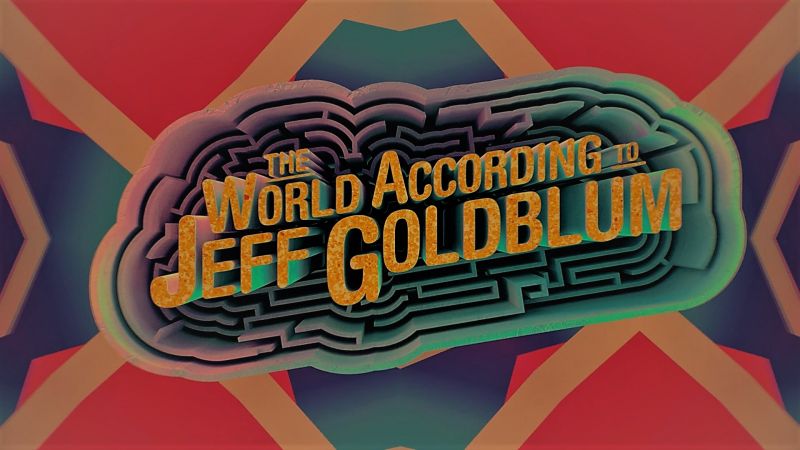The Future of the Mind and Beyond • 2014 • episode "1/10" • Curiosity Retreats: 2014 Lectures
Michio Kaku, best-selling author and physicist, imagining the not-so-distant future, offers his projections for advancements in humanity's understanding of the brain over the next century. Kaku envisions a world in which progress in neuroscience and biotechnology will demystify the human mind.
Make a donation
Buy a brother a hot coffee? Or a cold beer?
Hope you're finding these documentaries fascinating and eye-opening. It's just me, working hard behind the scenes to bring you this enriching content.
Running and maintaining a website like this takes time and resources. That's why I'm reaching out to you. If you appreciate what I do and would like to support my efforts, would you consider "buying me a coffee"?
Donation addresses
BTC: bc1q8ldskxh4x9qnddhcrgcun8rtvddeldm2a07r2v
ETH: 0x5CCAAA1afc5c5D814129d99277dDb5A979672116
With your donation through , you can show your appreciation and help me keep this project going. Every contribution, no matter how small, makes a significant impact. It goes directly towards covering server costs.














